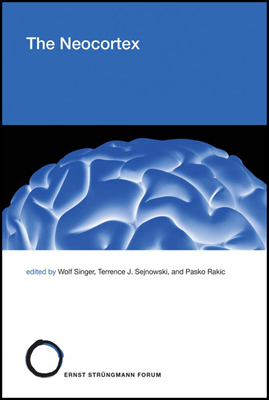Digital Ethology: From Individuals to Communities and Back
September 19–24, 2021
Frankfurt am Main, Germany
Tomáš Paus and Hye-Chung Kum, Chairpersons
Program Advisory Committee
Kimmo Kaski, Dept. of Computer Science, Aalto University School of Science, 00076 Aalto, Finland, and Rurtherford Visiting Fellow, Alan Turing Institute, London, U.K.
Hye-Chung Kum, Depts. of Health Policy and Management; Computer Science and Engineering; Industrial Systems and Engineering, Texas A&M University, College Station, TX 77843, U.S.A.
Julia Lupp, Ernst Strüngmann Forum, 60438 Frankfurt, Germany
Maria Melchior, Dept. of Social Epidemiology, INSERM Pierre Louis Institute of Epidemiology and Public Health, 75012 Paris, France
Tomáš Paus, Population Neuroscience and Developmental Neuroimaging, Bloorview Research Institute; Dept. of Psychology and Psychiatry, University of Toronto, Toronto, Canada
Background
Over the past decade, large-scale genomic studies have identified common genetic variations associated with complex traits in health (e.g., educational attainment) and disease (e.g., psychiatric disorders). These genomic studies were made possible through technological and conceptual advancements sparked by the Human Genome Project and by pooling together numerous datasets to increase power (e.g., ~ 1 million individuals in a genetic study of educational attainment). Discoveries from these studies have yielded valuable insights into the molecular pathways that underlie complex traits, yet they can only explain a small amount of inter-individual variability for a given trait. Although some of the “missing” heritability might be carried by rare genetic variants, it is generally accepted that environmental influences contribute a much larger portion of variance.
Environment, however, is difficult to measure on a large scale. Still, the ubiquitous presence of information technology in our lives has created a vast body of digital information and provides a detailed record of many human activities. Harvesting this digital footprint for research purposes lags behind partisan and for-profit use. Some key barriers have been a much lower tolerance for error, higher ethical and legal standards for data use, and high levels of requirements of cyber infrastructure and technical skills. The potential exists for this information to be extracted from multiple sources, so that a rich picture of the human environment can be obtained and related to various phenomena (e.g., brain maturation [Parker et al. 2017], well-being [Kardan et al. 2015], obesity [Maharana and Nsoesie 2018], health [Abnousi et al. 2018], social relationships [David-Barrett et al. 2015]).
How can this potential be realized, especially in the light of differences in conceptualization and methodology across disciplines as well as national differences, governance issues, and ethical considerations? To promote greater understanding, within and between disciplines, and promote future research, the Ernst Strüngmann Forum is convening this transdisciplinary dialogue.
This Forum will explore how digital ethology—the study of human behavior as captured by its digital footprint—can be used to quantify the human environment and facilitate understanding of its impact on health and well-being. The behavior that we seek to understand can be direct (e.g., tweets) or indirect, as inferred by its effect on the physical environment (e.g., broken windows on Google Street). Key concepts will be examined, as will methods needed to quantify the human environment from existing data sources at the aggregate (e.g., neighborhood) level. Requirements for using the resultant information, in conjunction with individual-level data derived from administrative databases, will be explored, as will privacy issues and ethical, legal, and societal implications. Ways of linking aggregate- and individual-level data through geospatial coding will be examined at different levels of spatial granularity. In summary, this Forum aims to:
- Examine ways through which digital data can broaden research into human behavior and support future comparative behavioral studies across species
- Construct a conceptual and methodological framework for integrating various data sources
- Expand understanding of how the environment shapes human development across the life span
This Forum is supported by the Deutsche Forschungsgemeinschaft
The German Research Foundation

Top of page

